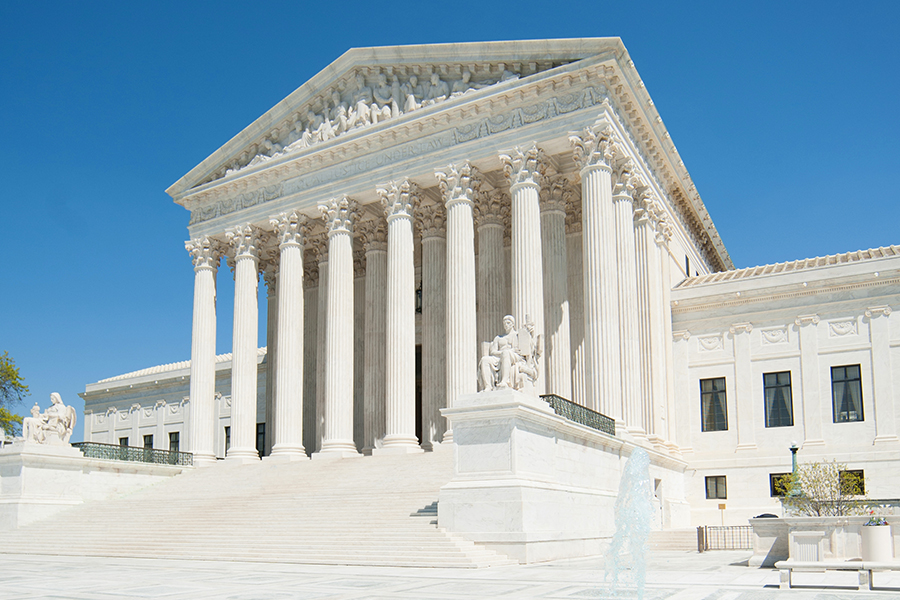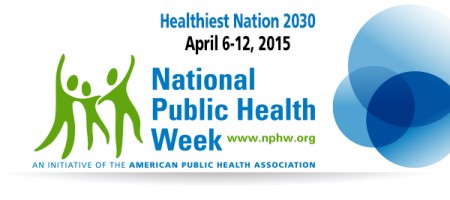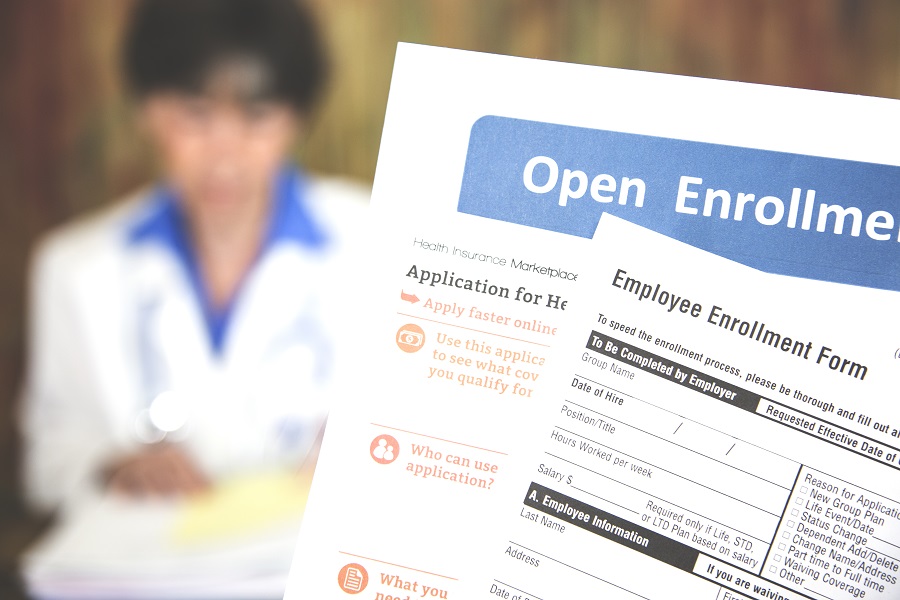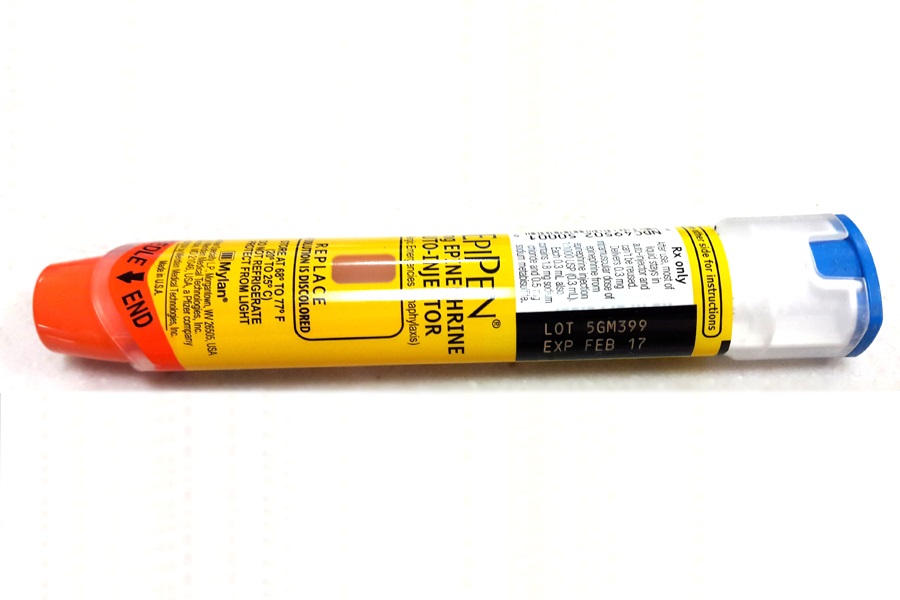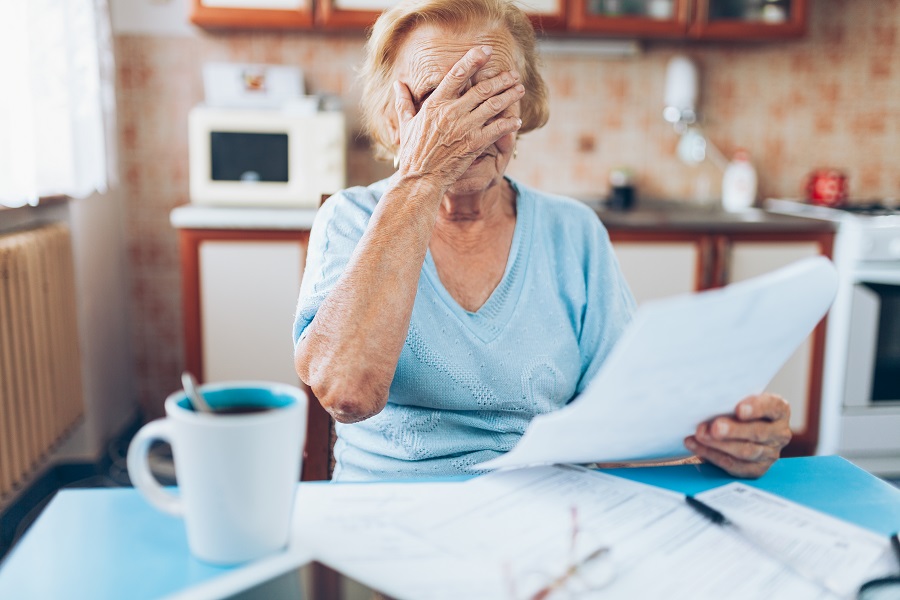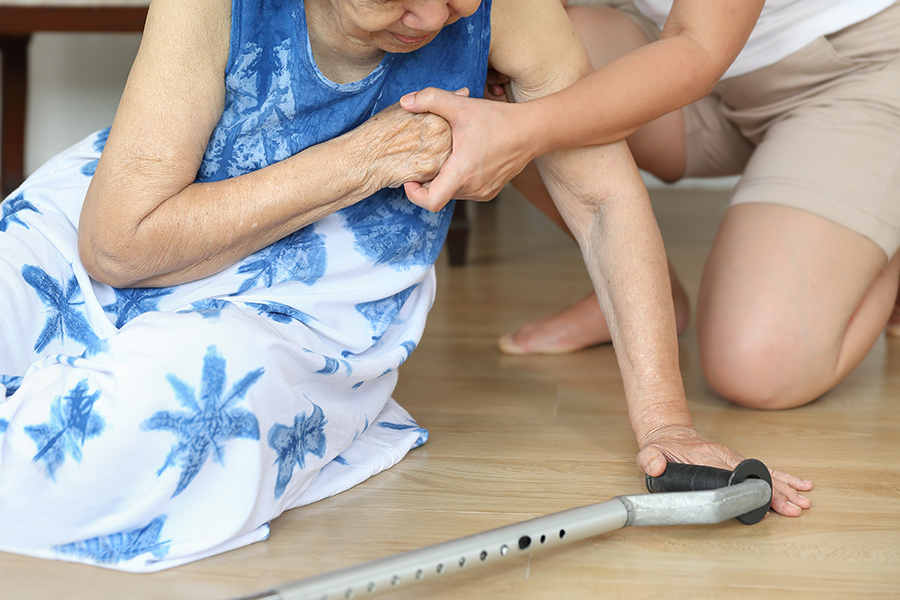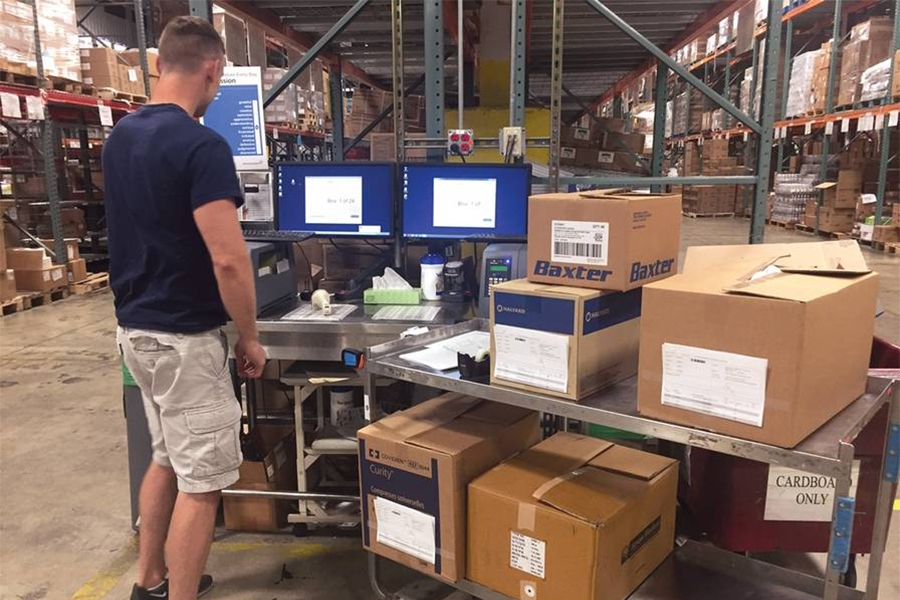By Lisa Rapaport for Reuters
(Reuters Health) – Some people who avoid risk factors for heart disease like obesity and diabetes may be able to maintain the blood vessels of a healthy 29-year-old well into old age, a U.S. study suggests.
Researchers examined data on 3,196 adults age 50 and older to see how their odds of what’s known as vascular aging – reduced elasticity in blood vessels – was influenced by seven risk factors for heart disease: high blood pressure, elevated cholesterol, high blood sugar, inactivity, poor diet, obesity and smoking.
Older adults who avoided at least six of these problems were 10 times more likely to have flexible, properly functioning blood vessels than their peers who managed to avoid no more than one of these risk factors, the study found.
“Especially staying lean and avoiding diabetes seemed to be very important,” lead study author Teemu Niiranen of Boston University School of Medicine said by email. “This association is thought to be mainly caused by the excess inflammation and neurohormonal imbalances associated with obesity and diabetes.”
In young, healthy people arteries are like soft rubber tubes that easily absorb the shock each time the heart muscle contracts and ejects blood into the vessels. But with age, the artery walls usually get thicker and lose elasticity, eventually leading to high blood pressure as they become less shock absorbent.
None of the participants had cardiovascular disease when they joined the study, but after researchers followed half of them for at least 9.6 years, 391 people developed the heart disease including 207 events like heart attacks. People with healthy arteries were about 55 percent less likely to develop heart disease compared to the rest.
Overall, 566 participants, or almost 18 percent, had healthy vascular aging. This included about 30 percent of people in their 50s, and 7 percent of individuals in their 60s but just 1 percent of people 70 and older.














